Committed Nigerian fans of the hit reality dating show Love Island USA are eagerly waiting for the much-anticipated reunion episode, set six weeks after the Fiji finale. Known for their love of drama and “wahala” (the Nigerian Pidgin word for trouble), Nigerians have quickly become one of the most passionate and vocal audiences of the show. But while their enthusiasm fuels online buzz, it has also sparked tension with international fans, with accusations of manipulation, toxicity, and culture clashes dominating online conversations.
For many young Nigerians like 20-year-old Ashimi Olamiposi, Love Island USA provides more than entertainment. It becomes a communal experience, full of excitement, debates, and late-night chats dissecting villa drama. Social media in Nigeria lit up during this year’s season, with more than 2.1 million tweets posted, peaking at an astonishing 574,000 in just one day — far outpacing other African countries such as South Africa and Ghana.
Despite Love Island USA not being officially available in Nigeria, fans use VPNs to watch episodes on Peacock or follow uploads on YouTube. Some even went further, creating online communities to influence outcomes. Ms. Olamiposi recalls joining a WhatsApp group of around 200 fans, mostly Nigerians, who pooled resources to buy American phone numbers in order to vote for their favorite contestants. Their coordinated strategies mirrored the passion Nigerians often pour into reality TV competitions like Big Brother Naija.
One islander who captured Nigerian hearts was Huda Mustafa, a 24-year-old mother whose emotional vulnerability, confrontations, and complicated relationships made her one of the season’s most talked-about contestants. Her popularity in Nigeria sparked online clashes with fans abroad, especially Black American audiences who felt certain contestants deserved more support. Cultural differences played a big role here: while Black Americans tend to view Love Island through a lens of race and representation, many Nigerians focus more on personality and entertainment value. “Black Americans always make it about race, whereas Nigerians don’t bother so much with that,” Ms. Olamiposi says.
This clash of perspectives has fueled accusations that Nigerian fans are “toxic” or even unfit to watch the show. Social media users in the US and UK openly suggested banning Nigerians from participating in the fandom, with some posts receiving thousands of likes. Nigerians, however, see their involvement as part of a larger storytelling culture deeply rooted in Nollywood and their vibrant online presence. As TV producer Donald Clarke explains, Nigeria’s love for drama extends into reality TV, where fans not only consume the shows but actively shape conversations, memes, and narratives.
Sociology lecturer and Real Housewives of Potomac cast member Dr. Wendy Osefo connects this enthusiasm to Nigeria’s political culture. She argues that after decades of military rule and contested elections, Nigerians are accustomed to watching big personalities, alliances, betrayals, and dramatic twists — both in politics and on television. “The biggest reality TV is our political system,” she says, noting that the passion Nigerians bring to fan communities mirrors their lived experiences.
The cultural differences also extend to communication styles. Nigerians’ fiery, animated way of speaking often sounds confrontational to outsiders. “There’s a saying that if you hear Nigerians talking, you’d think they’re arguing, because we’re so passionate,” Dr. Osefo explains. This passion naturally spills over into online fandoms, where discussions can quickly escalate into heated battles.
As the Love Island USA reunion approaches, Nigerian fans are preparing for another round of excitement, debates, and online buzz. Watch parties both physical and virtual are expected across the country, as loyal viewers gear up to see how their favorite couples fare after the show. For Ashimi Olamiposi and countless others, the chaos is part of the appeal. Quoting viral catchphrases from the season, she says she hopes contestants will “stand on business” and stay “10 toes down” in other words, mean what they say and stand by it.
Whether embraced or criticized, Nigeria’s role in the Love Island fandom has become undeniable. Their deep cultural love for drama, storytelling, and shared experiences has made them one of the show’s most influential and controversial audiences worldwide. And as long as the show keeps delivering romance, betrayal, and wahala, Nigerians will keep watching, debating, and shaping the conversation.


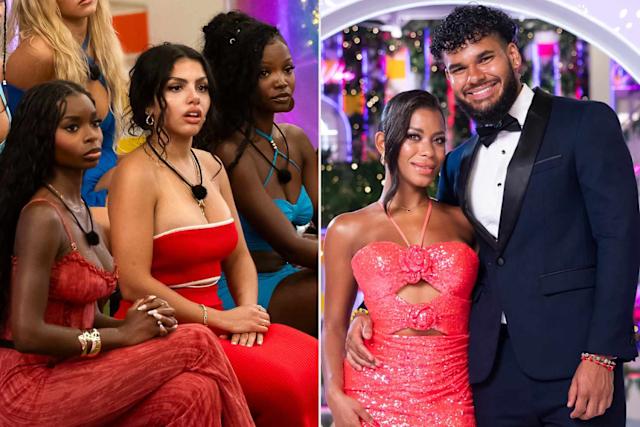



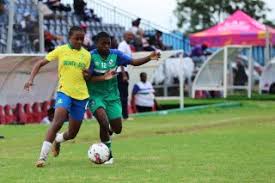
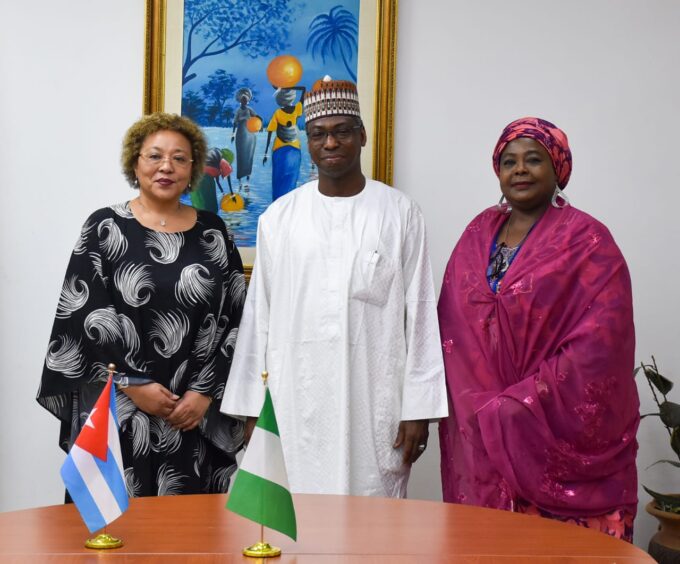
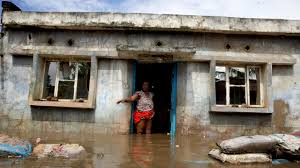

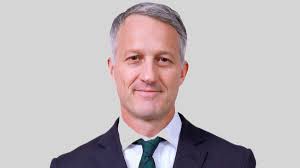

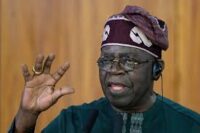

Leave a comment